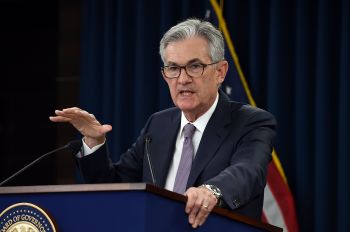Banks ordered to hold more capital
STEVE CHIOTAKIS: Overseas, world financial regulators are slapping big banks with tougher lending rules. We asked Marketplace’s Stephen Beard to explain, in English, how the new rules could help prevent another financial crisis.
STEPHEN BEARD: Since the collapse of Lehman brothers in 2008, central banks and regulators have been scrambling to make banking safer. Last year they ruled that banks must hold stock and cash worth at least 7 percent of their outstanding loans. This means they can lay their hand some funds fast in an emergency. Now the regulators have piled on more pressure. They’ve decreed that the world’s biggest, and most international banks must hold even more capital.
Makes perfect sense, says Simon Maughan of MF Global Securities:
SIMON MAUGHAN: If you are a very large investment bank as Lehman Brothers was, if you get into trouble the whole rest of the world gets into trouble with you. So we have to have extra capital on the biggest banks.
The new rule will mean that the biggest banks may have to raise more capital or lend less money. Among the banks thought likely to be affected are JPMorgan, Citigroup, Bank of America and Barclays.
In London I’m Stephen Beard for Marketplace.
There’s a lot happening in the world. Through it all, Marketplace is here for you.
You rely on Marketplace to break down the world’s events and tell you how it affects you in a fact-based, approachable way. We rely on your financial support to keep making that possible.
Your donation today powers the independent journalism that you rely on. For just $5/month, you can help sustain Marketplace so we can keep reporting on the things that matter to you.


















